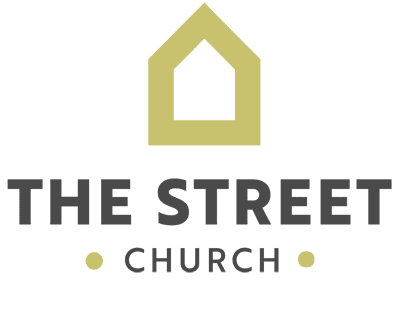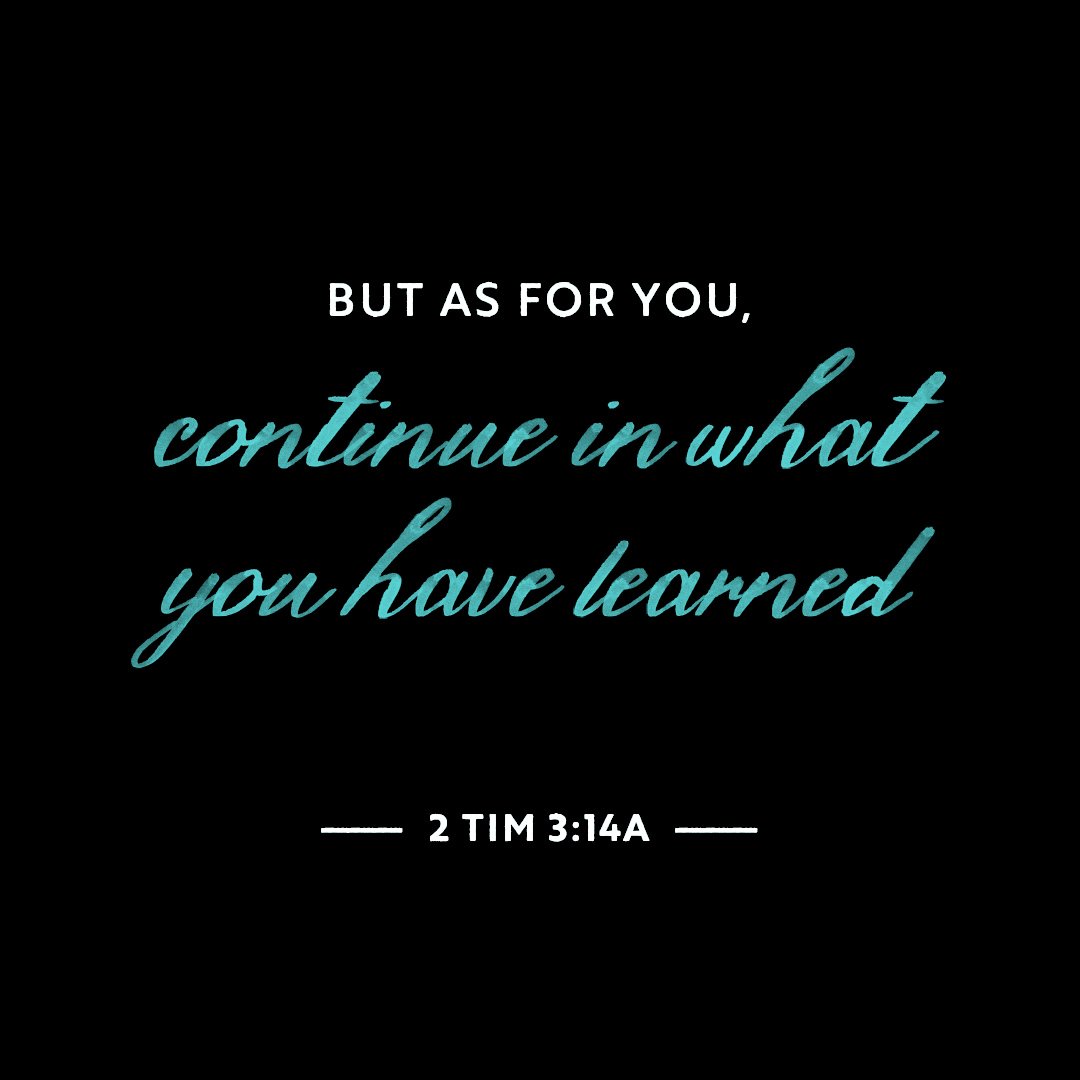Bible Reading
Daily readings from the last week:
Matthew 5 - 11
Reflect
What stood out to you from your daily readings over the last week? Any questions?
How did you go with what you said you’d do last week?
Discuss
Have someone read the passage and use the SOAP method to explore the text:
S - Scripture (read scripture together)
O - Observe (what do we see? What does it make us think?)
A - Apply (what does this mean for my life?)
P - Pray (pray together)
Don’t miss
Healing
Here Jesus shows that he has both the authority and the power to heal people, even from long-term sickness and raise them from death. What stands out is the response Jesus asks for from people—faith! Notice that Jesus commends the woman for her faith (Mark 5:34) and challenges cynicism with the words, “Don’t be afraid; just believe” (Mark 5:36). While there isn’t a formula for healing, Jesus shows that he expects us to trust that he is able to heal.
Learn
How to pray for healing: The God we serve is powerful, and one of the wonderful things as a follower of Jesus is that God desires to accomplish his work through ordinary followers of Jesus. One of the ways that God is able to use us is in praying for people to be healed from sickness and disease.
Praying for healing isn’t about using a special formula or combination of words. It begins with belief and that God is moved by our faith (Mark 9:23-24) and that, through being filled with the Spirit, we are able to do the same miracles that Jesus did (John 14:12)!
Beyond that it’s pretty straightforward.
It’s good to start by asking the person about the condition, how long they’ve had it, and how long it has affected them. Ask how they would know if God healed them.
Then pray simply using everyday language that God would move in power, heal every part of the affliction in Jesus’ name.
Consider pausing as you begin to see if God wants to give you a sense of something specific to pray.
Pray directly and in faith that the condition would be healed (Don’t give yourself an ‘out’ by saying ‘...if it’s your will, Lord’).
Check with the person what they’re feeling and if anything has changed. If nothing has changed you’re encouraged to pray again and/or commit to keep praying for them. Sometimes change comes more slowly.
If nothing changes over time, don’t be discouraged. It’s God’s role to heal, our role is simply to believe, pray, and trust him.
Is there anyone right now that you could ask about praying for their healing?
Pray
Spend time praying about what you’re learning.
Next Steps
What is a key takeaway from today?
Who are you going to tell about what you’ve been learning?
Read Matthew 12-18 before you come back next time














